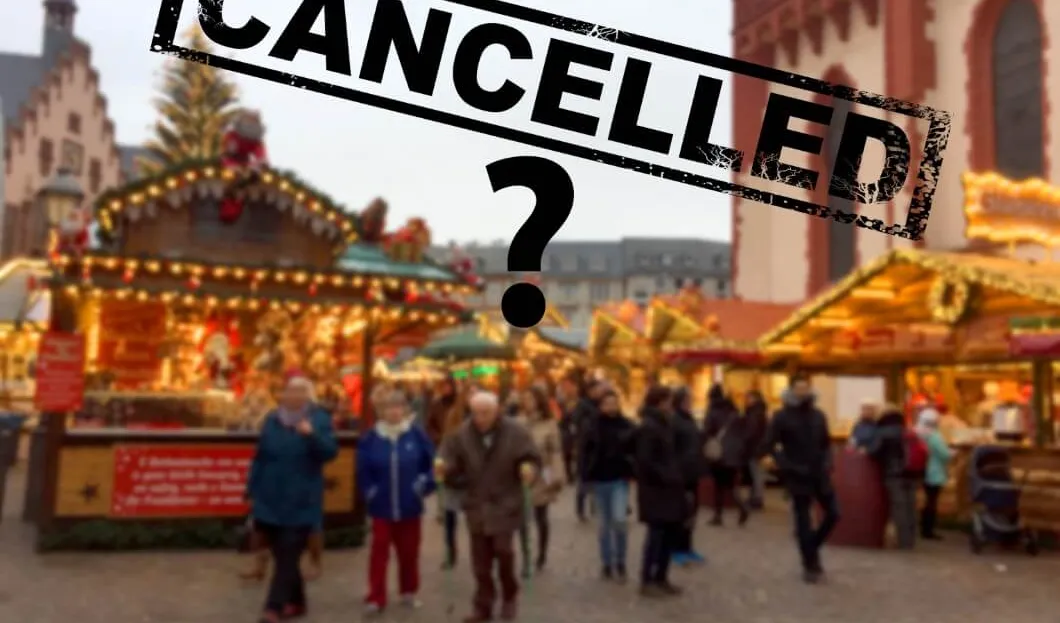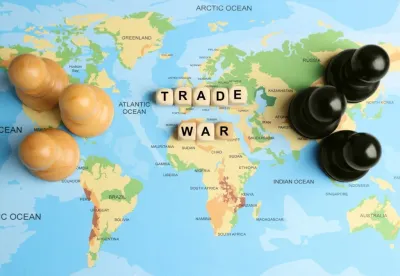
The Covid-19 pandemic is having an unprecedented effect on the whole world. Tourism has been especially affected and with the winter season approaching, there is a large question mark with regards to Christmas markets and whether they will take place during the festive season. In this sense, Tourism-Review brings you an overview of the latest information on the matter across Europe.
German Cities Mostly Cancel
The number of Coronavirus infections in Germany has been on a rapid rise in recent weeks. In the meantime, cities are preparing for the festive season, but there is a lot of uncertainty in this regard.
Several weeks ago, it was announced that the big Christmas market on Marienplatz in Munich is set to take place this year as well. The city has developed a detailed hygiene concept for this purpose. This year the market will extend to Karlsplatz and the entire Sendlinger Straße. This allows more space between the stalls and thus between the visitors.
Nevertheless, if the pandemic worsens, Munich could be forced to cancel the market. This has already happened with the Tollwood Winterfestival in the city, which was cancelled after prior approval.
Meanwhile, the city of Cologne has already cancelled many traditional Christmas markets, including the famous and biggest one at Cologne Cathedral. The realization of other markets remains unclear, despite the fact that the city is trying to come up with a sustainable concept.
Nuremberg and Frankfurt have also chosen a similar path to Cologne’s. Both cities have announced the cancellation of their respective markets. This will be a big hit, seeing as both markets attract more than 2 million visitors every year. Berlin and Dusseldorf have opted for the same solution.
Vienna Yes, Strasbourg and Prague No
In other countries across Europe, Vienna stands out as one of the cities that will organize their famous Christmas markets. There will be 18 markets with a total of 852 stalls, the first of which will be open to visitors from November 12th.
To maintain the event under control, the city has developed a comprehensive prevention concept in coordination with experts in the sector. The idea of the Austrian capital is to offer people “a piece of normalcy” during this Christmas season in a challenging time.

Madrid also intends to organize the traditional Plaza Mayor market. It will open with half of the stalls and under strict hygienic-sanitary measures.
In contrast, many markets in France will not take place this year. Besides Paris, where the famous market at Champs-Elysées was cancelled, and Lyon, Strasbourg’s Christmas market, which is the oldest in the country, will also not take place this year. Luxembourg City and Geneva have also joined the lengthy list of cities to have cancelled their highlight of the festive season.
And the same goes for Prague, as the city council announced the cancellation of the historic market last week due to the poor epidemiological situation in the central European country. The installation of several small stalls in the Old Town Square will be possible only in the case of an improvement.
Thus said, it will be a very different Christmas time for European cities. Despite some markets taking place, they will be thoroughly limited and thus the festive atmosphere is also likely to remain somewhat bounded.









